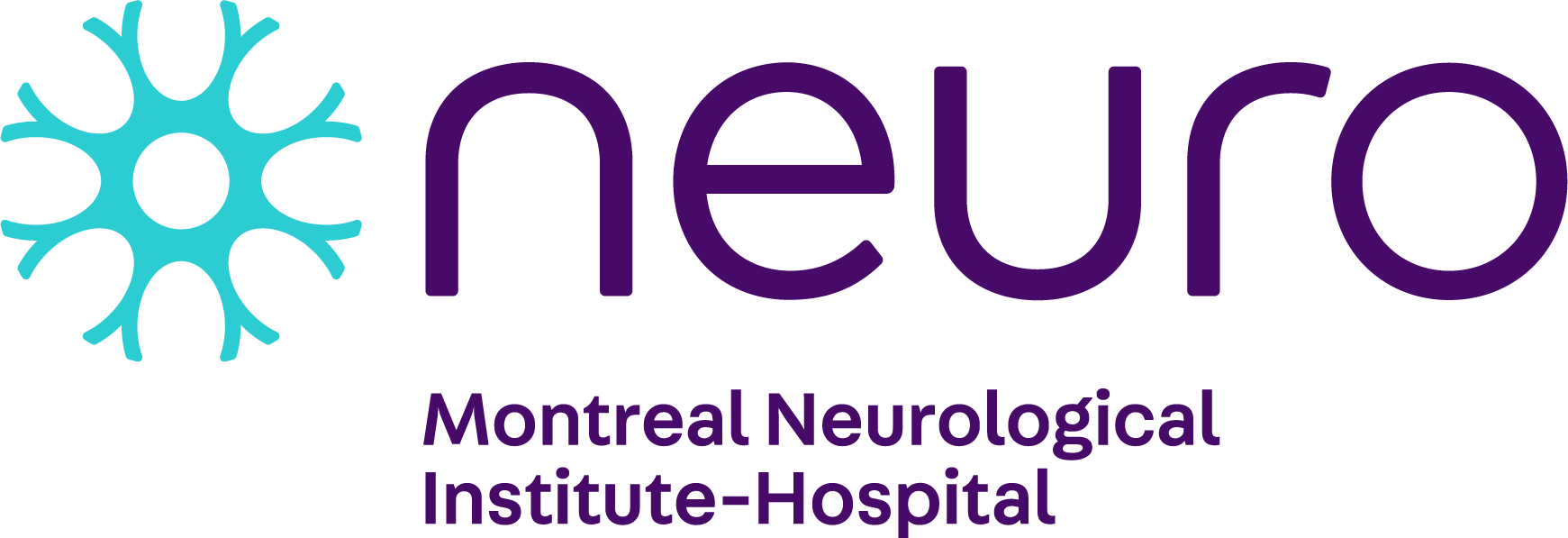In 2020, The Neuro‚Äôs Open Biobank made its collection of biospecimens, longitudinal clinical and neuropsychiatric information and imaging data from neurological disease patients and healthy controls openly available through æ±≥Ÿ‚Äôs . The biobank is now going one step further by sharing genetic data from these patients with the scientific community.Ã˝Ã˝
The Open Biobank is a combined patient registry and repository with a data portal where researchers can access approximately 1,500 Parkinson‚Äôs disease and more than 300 ALS patient samples, and those numbers continue to grow over time, offering a powerful resource for researchers looking to better understand the pathobiology of neurological diseases, and their treatments.Ã˝Ã˝
‚ÄúWe have just added whole genome sequencing data from another 300 Parkinson‚Äôs patients,‚Äù says Jason Karamchandani, MD, Associate Professor in the Department of Pathology and Scientific Director of the Open Biobank. ‚ÄúAny neuroscientist with an interest in PD or ALS could benefit from exploring the collection.‚ÄùÃ˝
This æ±≤ı≤‘‚Äôt just raw genetic data, Dr. Karamchandani explains. ±ı≥Ÿ‚Äôs linked to patients that have been neuropsychiatrically evaluated, and some even imaged using research sequences, allowing researchers to answer questions unanswerable with genetics alone. ‚ÄúThere is tremendous value in interpreting imaging and cognitive results with a knowledge of the patient‚Äôs genetic background.‚ÄùÃ˝Ã˝
‚ÄúThat's really where we're going,‚Äù says Dr. Karamchandani. ‚ÄúWe're getting into the world of precision medicine. Genetic data is one of the most important resources to ask precise questions and get precise answers.‚ÄùÃ˝
All requests for sensitive data pass through a committee that provides access on a controlled basis. ‚ÄúWe do our best to make as much openly available as possible, but we used a tiered-access approach,‚Äù says Dr. Karamchandani. ‚ÄúUsers have to agree to our community standards for registered data.‚ÄùÃ˝Ã˝
A team effort
He says the genetics portal ∑…¥«≥б٪Â≤‘‚Äôt have been possible without the work of Sali Farhan, PhD, Assistant Professor in the Departments of Neurology and Neurosurgery and Human Genetics, who joined The Neuro in 2020. As a bioinformatics expert, she helped integrate genetics data into the Open Biobank in a way that maximizes usefulness to researchers.Ã˝Ã˝
‚ÄúIt's been an excellent experience to see experts from different fields come together to make data sharing at The Neuro a reality,‚Äù she says. ‚ÄúI am incredibly fortunate to have been invited by Jason and his team. They are eager to learn about genomics data and its structure, and identify approaches to implement efficient and responsible data sharing.‚ÄùÃ˝
As æ±≥Ÿ‚Äôs still in beta phase, the Open Biobank genetics portal developers will collect user feedback to streamline it over time. With more data on the way, researchers will have a powerful new tool in their search for better neurological disease treatments.Ã˝Ã˝
‚ÄúWe would like to build a far more elegant solution, particularly as the amount of data grows, to make it even easier for researchers to start building queries and analyze subsets on the basis of these genetic results,‚Äù says Dr. Karamchandani. ‚ÄúThis is going to be a growing collection of genetically and phenotypically characterized patients with some of these patients having the trifecta of clinical investigation, genetic investigation, and research grade neuroimaging.‚ÄùÃ˝Ã˝




